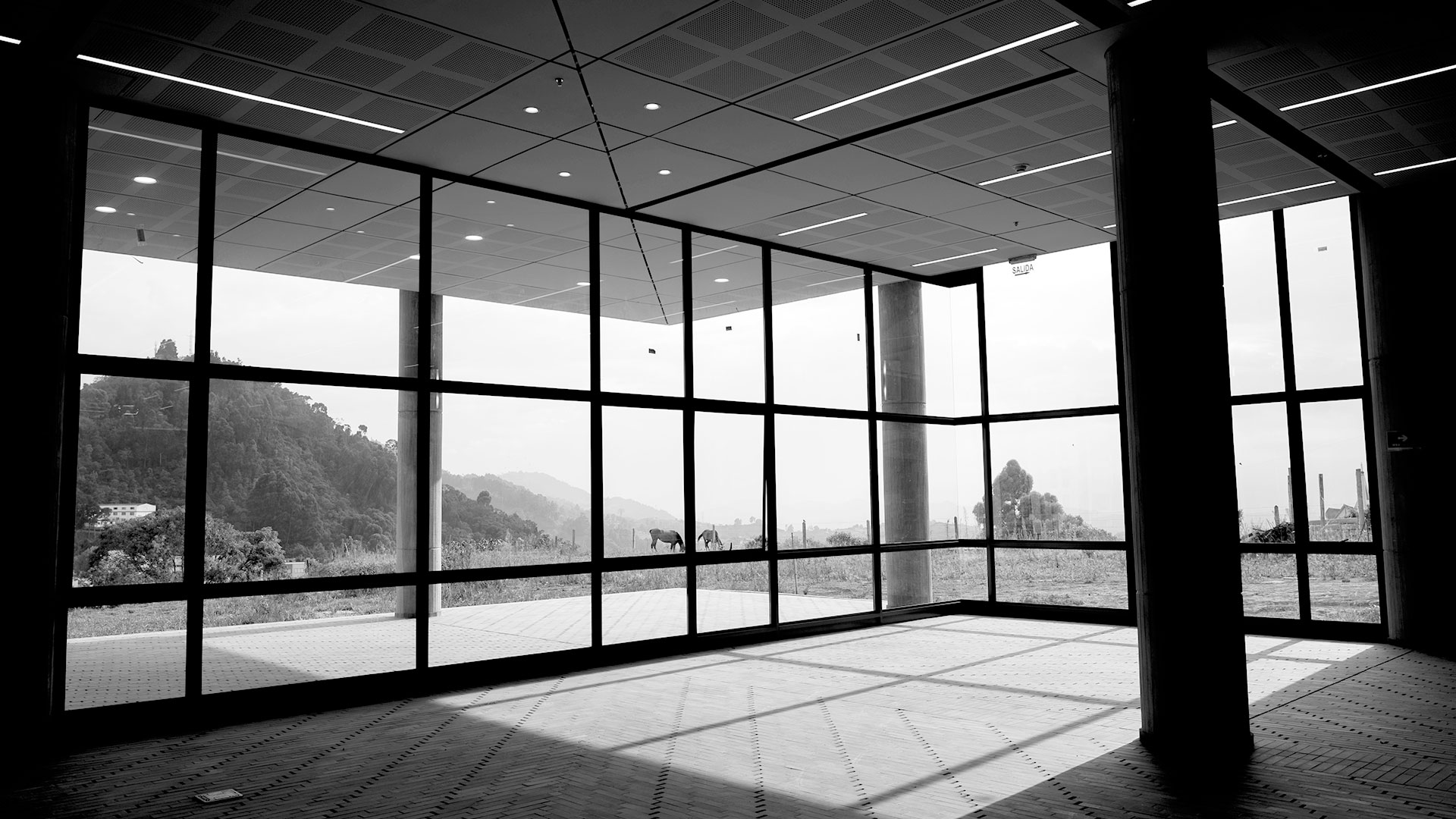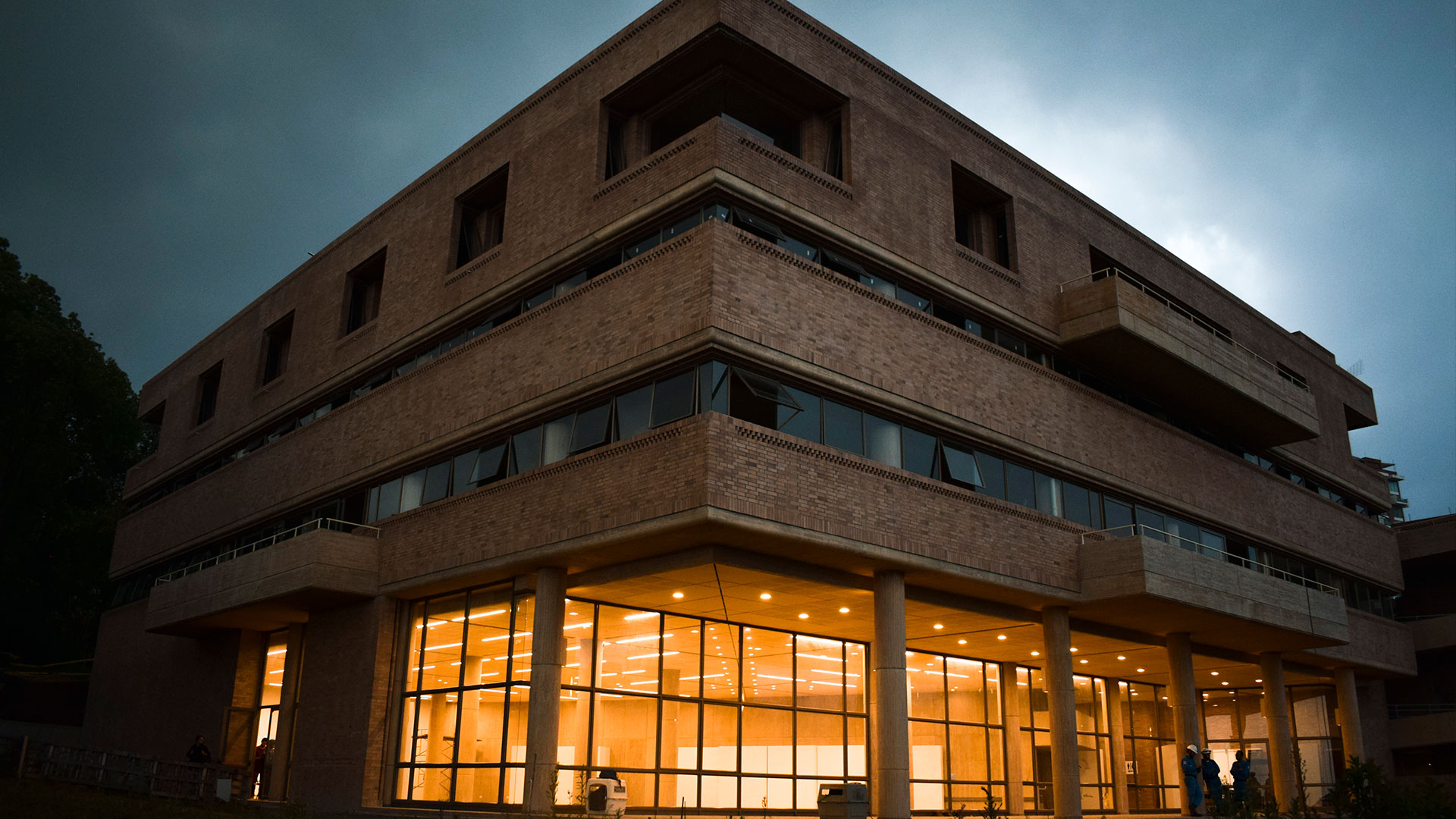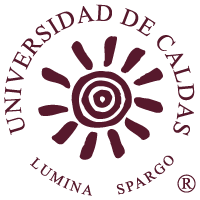| dc.contributor.author | Allen, Ronald J. | spa |
| dc.date.accessioned | 2013-12-20 00:00:00 | |
| dc.date.available | 2013-12-20 00:00:00 | |
| dc.date.issued | 2013-12-20 | |
| dc.identifier.issn | 0124-6127 | |
| dc.identifier.uri | https://revistasojs.ucaldas.edu.co/index.php/discusionesfilosoficas/article/view/735 | |
| dc.description.abstract | Se examina la relación entre el conocimiento experto y la forma de los juicios. En su mayor parte, los juicios  son eventos educativos en los que se espera que el investigador de hechos pueda comprender, procesar, y  deliberar sobre las evidencia, y como resultado llegue a conclusiones racionales. Este proceso refleja la  importancia fundamental de la exactitud de los hechos en el juicio, sin el cual los derechos y las obligaciones  son esencialmente un sin sentido. La prueba pericial a menudo implica una deferencia en lugar de un modo  educativo de procedimiento y en esa medida puede estar en la oposición a las aspiraciones de los juicios  normales. El cómo y el por qué de este desarrollo se discute, como sus consecuencias. La alternativa  avanzada es que todas las pruebas deben presentarse en una modalidad educativa si las aspiraciones de los  juicios se han de realizar. Si la evidencia no puede ser presentada de una manera tal, entonces la cuestión de  la que la evidencia es pertinente plausiblemente no puede ser litigada en consonancia con las aspiraciones  normales de los juicios. | spa |
| dc.description.abstract | The relationship between expert knowledge and the form of trials is examined. For the most part, trials are  educational events in which the investigator is expected to comprehend, process, and deliberate on the  evidence, and as a result to reach rational conclusions. This process reflects the fundamental importance of  factual accuracy at trial, without which rights and obligations are essentially meaningless. Expert evidence  often involves a deferential rather than an educational mode of proceeding and to that extent can be  inopposition to the normal aspirations of trials. The rationale of this development is discussed, and so are its  consequences. The alternative advanced is that all evidence should be presented in an educational mode if  the aspirations of trials are to be realized. If evidence cannot be presented in such a way, then the matter to  which the evidence is pertinent cannot plausibly be litigated in accordance with the normal aspirations of  trials. | eng |
| dc.format.mimetype | application/pdf | eng |
| dc.language.iso | eng | eng |
| dc.publisher | Universidad de Caldas | spa |
| dc.rights | Derechos de autor 2013 Discusiones Filosóficas | eng |
| dc.rights.uri | https://creativecommons.org/licenses/by/4.0/ | eng |
| dc.source | https://revistasojs.ucaldas.edu.co/index.php/discusionesfilosoficas/article/view/735 | eng |
| dc.subject | Expert testimony | eng |
| dc.subject | evidence | eng |
| dc.subject | liberal legal system | eng |
| dc.subject | right | eng |
| dc.subject | rules of evidence | eng |
| dc.subject | trial | eng |
| dc.subject | testimonio de expertos | spa |
| dc.subject | evidencia | spa |
| dc.subject | sistema jurídico liberal | spa |
| dc.subject | derecho | spa |
| dc.subject | reglas de la prueba | spa |
| dc.subject | juicio | spa |
| dc.title | The conceptual challenge of expert evidence | spa |
| dc.type | Artículo de revista | spa |
| dc.type | Sección Artículos | spa |
| dc.type | Journal Article | eng |
| dc.identifier.eissn | 2462-9596 | |
| dc.relation.citationendpage | 65 | |
| dc.relation.citationissue | 23 | spa |
| dc.relation.citationstartpage | 41 | |
| dc.relation.citationvolume | 14 | spa |
| dc.relation.ispartofjournal | Discusiones Filosóficas | spa |
| dc.relation.references | Allen, Ronald. “The nature of juridical proof.” Cardozo Law Review. 1991. 373-422. Print. | eng |
| dc.relation.references | ---. “Factual ambiguity and a theory of Evidence.” Northwestern University Law Review. 1994. 604-640. Print. | eng |
| dc.relation.references | ---. “Expertise and the Daubert decision.” Journal of Criminal Law and Criminology. 1994. 1157-1175. Print. | eng |
| dc.relation.references | ---. “Artificial intelligence and the evidential process: The challenges of formalism and computation.” Artificial Intelligence & Law. 2001. 99-114. Print. | eng |
| dc.relation.references | Allen, Ronald and Joseph S. Miller. “The Common Law theory of experts: Deference or education.” University of Georgia Law. 1993. 1131-1147. Print. | eng |
| dc.relation.references | Allen, Ronald, Kuhns, Richard, Swift, Eleanor and David S. Schwartz. Evidence: Text, cases and problems. New York: Aspen Publishers, 2011. Print. | eng |
| dc.relation.references | Burns, Robert P. A Theory of the Trial. Princeton: Princeton University Press, 2001. Print. | eng |
| dc.relation.references | Cheng, Edward and Albert Yoon. “Does Frye or Daubert Matter? A Study of Scientific Admissibility Standards.” Virginia Law Review. Apr. 2005: 471-513. Print. | eng |
| dc.relation.references | Edmond, Gary. “Is reliability sufficient? The Law Commission and expert evidence in international and interdisciplinary perspective (Part 1).” The International Journal of Evidence of Proof. 2012. 30-65. Print. | eng |
| dc.relation.references | Green, Thomas. Verdict according to Conscience: Perspectives on the English Criminal Trial Jury. Chicago and London: University of Chicago Press, 1985. Print. | eng |
| dc.relation.references | Jackson, John and Sarah J. Summers. The Internationalisation of Criminal Evidence. Cambridge: Cambridge University Press, 2012. Print. | eng |
| dc.relation.references | Mueller, Christopher and Laird C. Kirkpatrick. Evidence. New York: Aspen Publishers, 2009. Print. | eng |
| dc.relation.references | Polya, George. Mathematics and Plausible Reasoning: Patterns of Plausible Inference. Princeton: Princeton University Press, 1990. Print. | eng |
| dc.relation.references | Walton, Douglas. Legal Argumentation and Evidence. Pennsylvania: Penn State University Press, 2002. Print. | eng |
| dc.rights.accessrights | info:eu-repo/semantics/openAccess | eng |
| dc.title.translated | El desafío conceptual de la prueba pericial | eng |
| dc.type.coar | http://purl.org/coar/resource_type/c_6501 | eng |
| dc.type.content | Text | eng |
| dc.type.driver | info:eu-repo/semantics/article | eng |
| dc.type.version | info:eu-repo/semantics/publishedVersion | eng |
| dc.relation.citationedition | Núm. 23 , Año 2013 : Julio - Diciembre | spa |
| dc.relation.bitstream | https://revistasojs.ucaldas.edu.co/index.php/discusionesfilosoficas/article/download/735/658 | |
| dc.type.coarversion | http://purl.org/coar/version/c_970fb48d4fbd8a85 | eng |
| dc.rights.coar | http://purl.org/coar/access_right/c_abf2 | eng |





